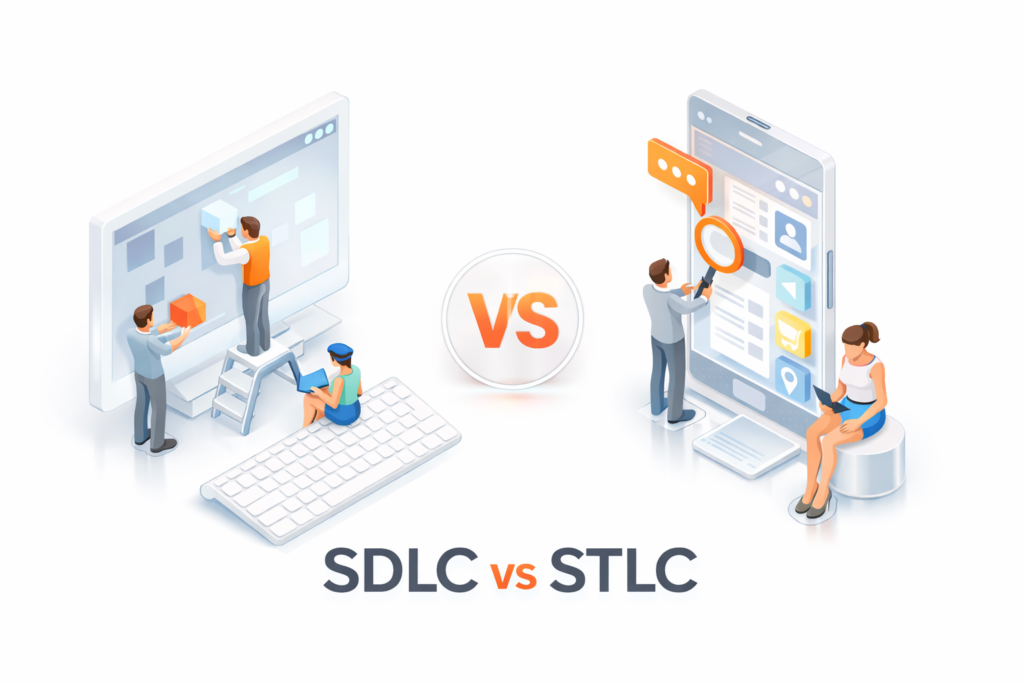A solution to lower costs and raise the quality of regression testing.
Nobody likes working with a poor-quality IT product. And nobody likes testing programs and finding bugs in them (of course, unless we’re talking about testers). As a result, employees drawn into doing testing work before IT systems are deployed are often unhappy.
IT directors dislike that they are expected to lower operating expenses and simultaneously provide high-quality IT services. Moreover, the IT landscape is becoming increasingly complex and demands more, not less, testing.
According to the World Quality Report, organizations almost never have a dedicated test department and they lack the corresponding expertise and ability to involve a sufficient number of specialists in the testing process. IT department employees and business users participate in testing to the detriment of their own immediate activities. If companies have a test department, then it almost always suffers from a shortage of employees and expertise due to the growing size and complexity of the IT landscape.
Consequently, employee loyalty falls, testing expenses grow, and the quality of IT systems declines.
PFLB offers a solution – professional QA outsourcing, which can help reduce operating expenses by at least 30%. If a customer is willing to use our remote testing centers, the savings can grow to 50%.
Quality assurance outsourcing can noticeably improve software quality through the application of professional techniques, such as test automation or a matrix to determine the optimal test coverage. Using test automation reduces the time required to test a standard release by 30%-50% and lets organizations more quickly bring software products into operation.
Thus, software testing outsourcing helps organizations improve software quality while simultaneously reducing expenses, cutting products’ time to market, and increasing the loyalty of employees who no longer have to handle non-core testing work.
Software testing outsourcing means transferring the customer’s existing tests to a local or remote PFLB team which, after certain technical and formal procedures have been performed, will be responsible for running these tests and increasing test coverage.



